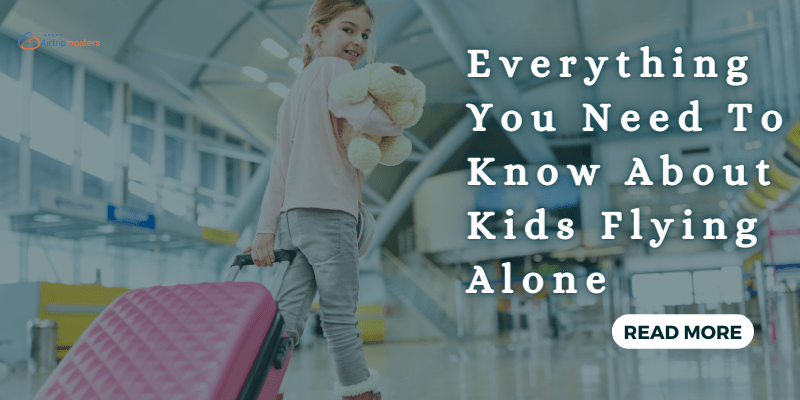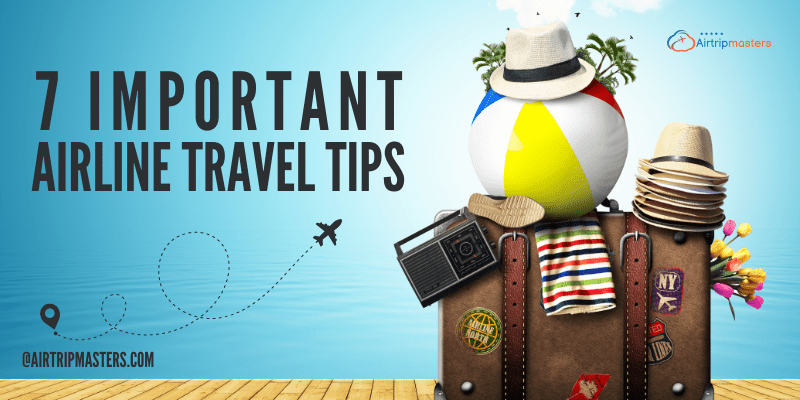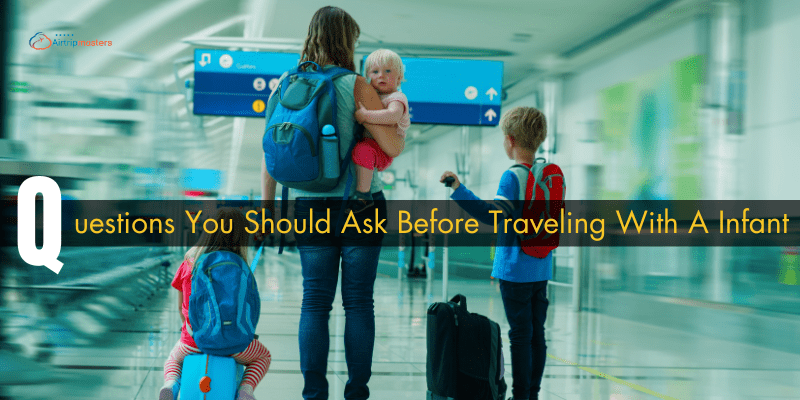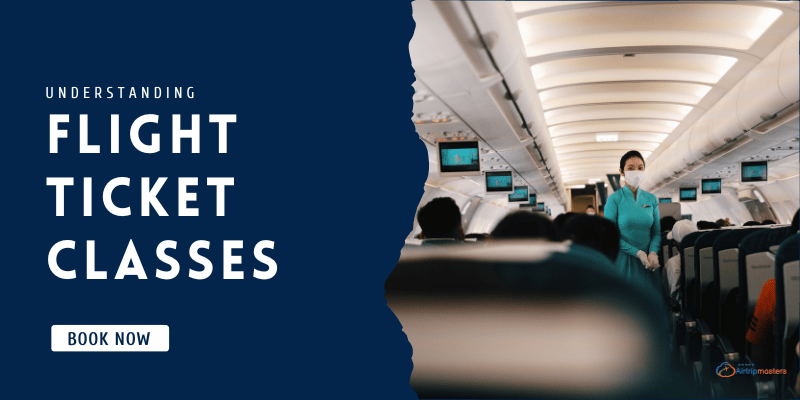
Everything You Need To Know About Kids Flying Alone
Flying alone can be an exciting adventure for children, but it can also be a source of anxiety for parents. Whether it’s for a family visit, summer camp, or any other reason, understanding the ins and outs of kids flying alone is essential to ensure a safe and pleasant journey for your child. In this guide, we’ll cover everything you need to know about kids flying alone, from booking the flight to arrival at the destination.
Booking the Flight
Age and Airlines
The minimum age at which children can fly alone varies by airline. Typically, most airlines allow children as young as 5 to fly alone as unaccompanied minors.
2. Use Fare Comparison Tools
The internet is your ally in the quest for the lowest flight ticket deals. Utilize fare comparison websites and apps to scan the vast landscape of airlines, routes, and prices. Websites like Google Flights, Skyscanner, and Kayak allow you to compare prices across multiple airlines and booking platforms, saving you both time and money.
Unaccompanied Minor Service
Many airlines offer Unaccompanied Minor (UM) service for children traveling alone. This service ensures that your child is well taken care of throughout the journey. It often includes assistance with check-in, security, and boarding, as well as in-flight supervision.
Required Documents
Identification
Some airlines and countries may require parental consent forms, especially if your child is traveling internationally.
Consent Forms
If you’re flexible with your travel dates, you can skyrocket your chances of finding the lowest flight ticket deals. Use fare calendars on booking websites to identify the cheapest days to fly. Midweek flights, red-eye flights, and flights during less popular times of the year tend to be more budget-friendly.
Preparing Your Child
Explain the Process
Talk to your child about the entire flying process, from check-in to security to boarding. Reassure them that airline staff will be there to help, and let them know what to expect.
Pack Essentials
Ensure your child has all the essentials they’ll need during the flight, such as snacks, entertainment, a change of clothes, and any necessary medications. Label their belongings clearly.
Emergency Contacts
Provide your child with a list of emergency contacts, including your contact information and the contact information of the person picking them up at their destination.
Airport Procedures
Arrival Time
Arrive at the airport well in advance of the flight. Airlines often require extra time for unaccompanied minors to complete check-in and security procedures.
Escorting Your Child
Most airlines will require you to escort your child to the gate and wait until the flight has taken off. At this point, airline staff will take over and ensure your child’s safety.
In-Flight Experience
Supervision
Throughout the flight, airline staff will keep an eye on your child. Encourage your child to ask for help if needed and to follow the instructions given by flight attendants.
Comfort
Prepare your child for the in-flight experience by discussing what to expect, including seatbelt use, turbulence, and in-flight entertainment options.
Arrival at Destination
Meeting Your Child
The person designated to pick up your child at the destination should arrive at the airport well in advance of the flight’s scheduled arrival time. They will need to show identification and sign for your child’s release to them.
Post-Flight Reunion
Enjoy the heartwarming moment of reuniting with your child. Be prepared to hear about their adventure and provide comfort if they have any concerns during the flight.
Safety Considerations
Teach Safety Rules
Before the journey, teach your child essential safety rules, such as not talking to strangers and staying within the airport premises.
Communication
Ensure your child has a way to contact you or the designated person at their destination during the journey, such as a cell phone or a calling card.
Conclusion
Flying alone can be a valuable experience for children, fostering independence and self-confidence. By understanding the process, preparing your child, and ensuring their safety throughout the journey, you can make kids flying alone a positive and memorable adventure for your family.
Search
Categories
Airline Reviews Airport Review Best Places to visit in indiaBusiness class tickets Canada To India Flight Airport Review Airport Review
Recent Post
Advantages of Flight CancellationsWhy are airline tickets so expensive” The Ultimate Travel Guidelines Best Ways to Get Cheap Flight Tickets San Francisco To Ahmedabad Flights



 1-888-296-8115
1-888-296-8115 1-855-478-4115
1-855-478-4115



